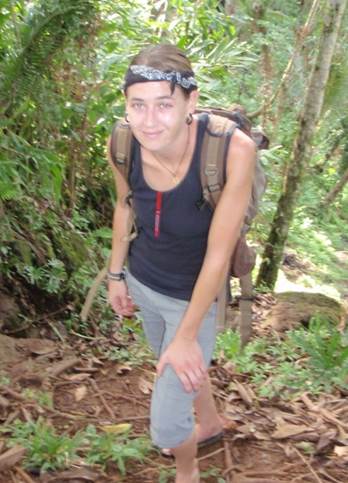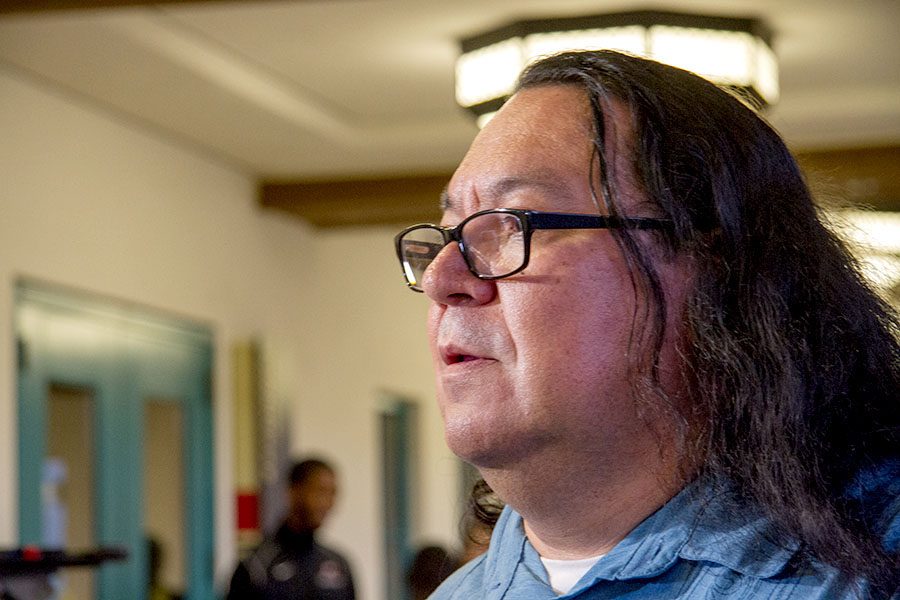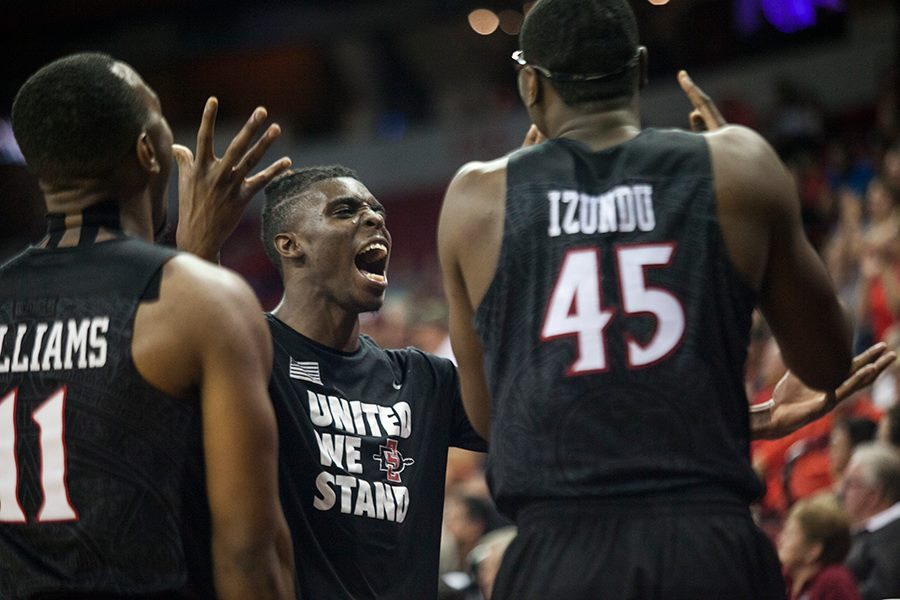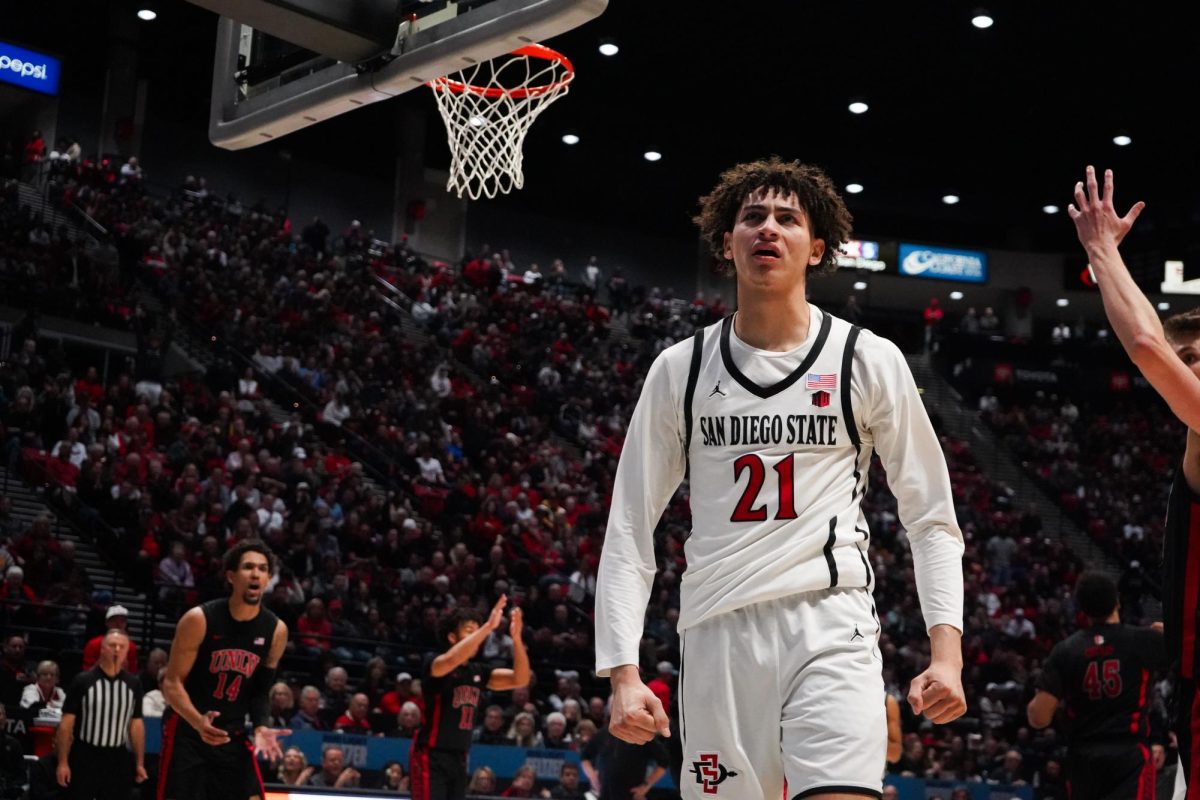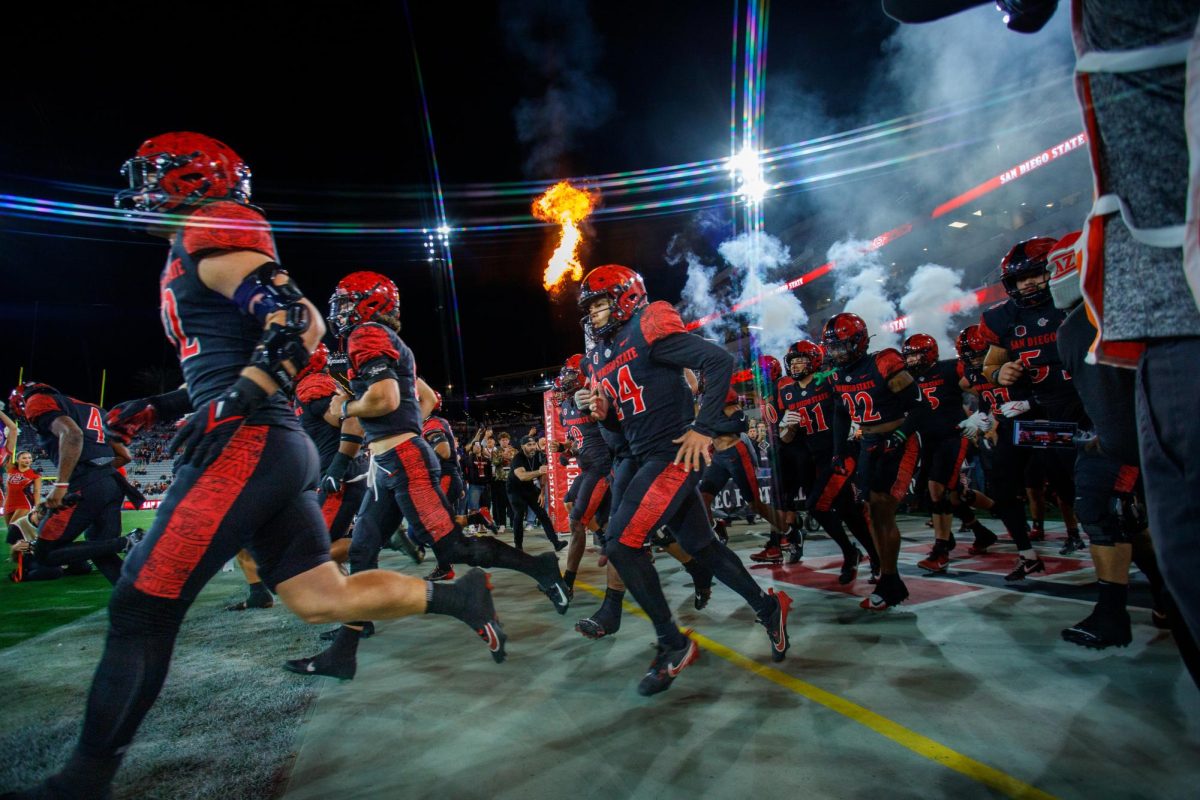Savannah Shuermann fell in love with anthropology 10 years ago. Since then she has been using her passion to make an impact on the world.
Shuermann currently teaches courses in sustainability and culture, as well as the supernatural from a cross-cultural perspective at San Diego State. She also completed research while completing her graduate degree at SDSU.
Even though Shuermann is interested in the biological sect of anthropology, and still teaches classes in it, she considers herself a cultural anthropologist.
“I like (the) biological side because it’s a little more technical, and you can be a little more quantitative about it and definitive with what you’re talking about, but my passion just lies on the cultural side,” Shuermann said. “I guess it’s because it can change the way you see the world, and that’s what I love teaching about it.”
Shuermann says studying anthropology also helps you realize how others see the world.
“My favorite part is people think that what they do in their society is how everyone around the world does it, and this is a huge fallacy,” Shuermann said. “Our way of living is just one of a numeral amount of ways of organizing a society.”
Shuermann is originally from Reno, Nevada, but came to SDSU for the anthropology graduate program. She says the research focus of the faculty here attracted her to the program.
Her master’s thesis was related to the research she did with SDSU associate professor Matthew Lauer on the difference in rate of recovery from an earthquake and a tsunami in two similarly impacted villages on the Solomon Islands. They found the rate of recovery was notably different.
“I was looking at how different social, political and cultural factors were underlying this really unequal recovery,” Shuermann said.
Schuermann said there are traditionally four fields of anthropology, but there is actually a fifth sect called applied anthropology. It utilizes knowledge gained from other subfields and applies it to try to solve problems. In the future, her work during her summers on the Solomon Islands can be used to help mitigate disaster recovery.
Schuermann hopes learning from other societies can help Americans make better decisions about their own culture.
“A lot of social and environmental problems are understood in this cultural and historical vacuum,” Schuermann said. “In looking at sustainability and environmental problems, sometimes it can seem an inevitable result of a human population, but if you look throughout space and time at other cultures and (societies), it’s not true. There’s a lot of success stories where cultures have sustained their environment and maintained social equity.”
Schuermann said the reason she studies anthropology and the reason she teaches her classes is because it helps to breed tolerance, acceptance and understanding.
“The more you look at these seemingly different practices, the more you come to see these underlying commonalities, and a lot of belief and practice in the supernatural is just people basically trying to deal and cope with their daily lives,” Schuermann said. “It’s comparing our society with others, and making these things that seem strange not seem so strange.”
Schuermann is looking forward to taking the next steps in her career by potentially pursuing her Ph.D. in anthropology within the next few years.



